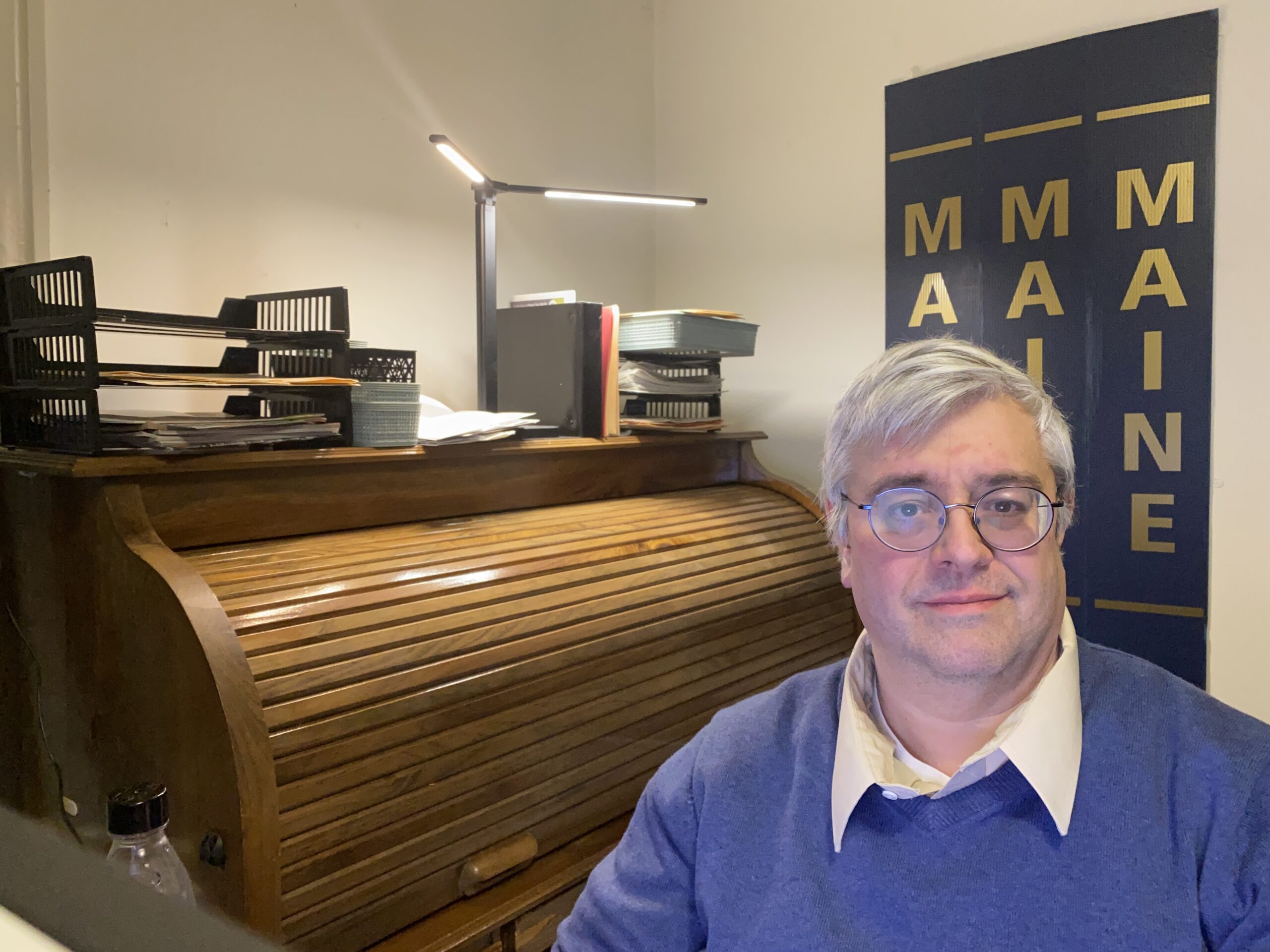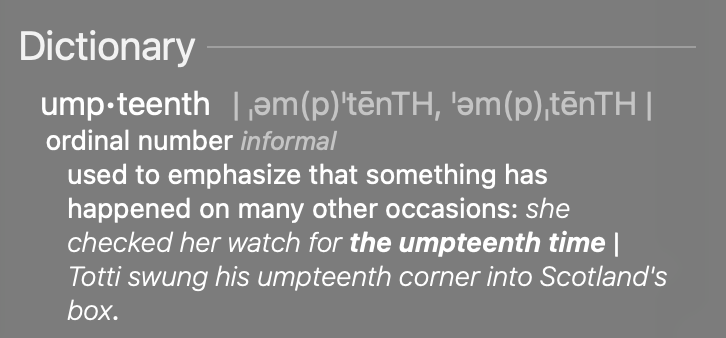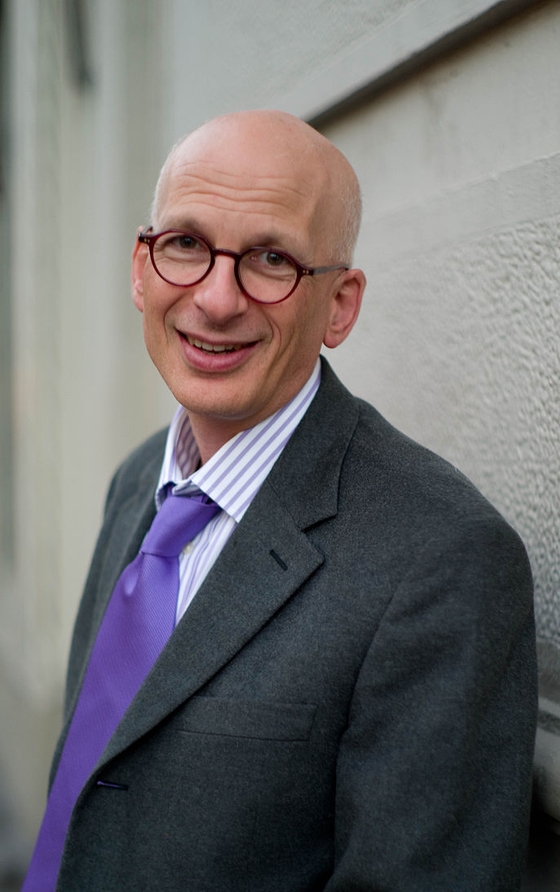Back in January, I was vacationing in San Francisco. One day while having lunch in a Chinatown restaurant, reading the USA Today, I came across an article on the opinion page by Barry Schwartz, a professor of psychology at Swarthmore College.
It was an article based on the main theme of his book, The Paradox of Choice: Why More Is Less. It was about how the abundance of choice can be a burden. I tucked the article away with some notes and only now have I finished the Fisking of Mr. Schwartz.:
The challenging task of deciding what to get my wife for the recent holidays was simplified when I watched her spend hours trying to impose some order on the hundreds of photos we’d taken of our two grandchildren. A digital camera would eliminate the photo overkill by letting us delete bad photos immediately so we wouldn’t face the time-consuming effort of organizing and selecting later on. Problem solved, I thought — naively.
Not so. What seemed like an easy solution turned into another problem.
Should I get a 3-, 4- or 5-megapixel camera? How much optical zoom? How much digital zoom? Should I care about battery life? About weight? About delay between shots? Should I get a point-and-shoot model or one that allows the user to play around with settings and controls? Which cameras interface most easily with our Macintosh computer? What about printers? Photo-editing software? Which brands are most reliable? Should I buy online or at a store?
After two weeks of weighing the pros and cons of various makes and models, trading features off against each other, I gave up. The snapshots of the grandkids will continue piling up.
As it was for many other people, December was something of an ordeal for me — a month to get through, not a month to celebrate. And my effort to buy a digital camera shows why: choice overload.
And here we can see clearly that Professor Schwartz, has not done much in basic economics studies. He clearly pointed out the benefits of a digital camera, yet he seems to be lost in finding the most positive situation.
I’m sure that the benefits of a digital camera that he listed outweigh any negatives of an imperfect choice. True, he may not make the “perfect” choice, but unless he chooses an absolute clunker of a camera, he will gain benefits, just not the maximum possible.
Whether you’re buying a cellphone, clothing, computer gear or toys, it can take weeks to choose just a single gift if you really want to make it “just right.” And you’d expect it to be “just right,” because with that much choice available, there is really no excuse for anything less than perfection. Multiply my digital camera experience by 20 or 50, and you have the month of December.
Actually there is an excuse for making a less than perfect choice… That you spend so much time obsessing over a choice that you deny yourself the benefit of a “good enough” choice, as it seems to be in this case. I am far from the first person to warn against letting the quest for “perfect”, get in the way of “good”.
An imperfect choice may be the best choice, as the cost of added time and effort in determining the best choice exceeds the benefits of getting the “best” choice.
But this issue of too much choice is not just a one-month-a-year problem: It happens virtually every day to virtually every American. In recent research with several colleagues, I have identified several psychological factors that may cause choice overload to diminish, or even undermine, our satisfaction with the decisions we make. As available options increase:
- People are more likely to regret their decisions.
- People are more likely to anticipate regretting their decisions. This anticipated regret prevents people from actually deciding.
- Expectations about how good the decision will be go up, and reality has a hard time meeting these high expectations.
- When decisions have disappointing results, people tend to blame themselves because they feel that with so many options available, unsatisfying results must be their fault.
Of course it isn’t their fault. What IS their fault, however is the obsessing over the “wrong choice”. Schwartz presents this as a problem with an excess of choices. The real problem is with the outlook these “Choice Overloaded” people have towards these choices.
The choice overload problem that pervades our daily lives often involves high-stakes decisions, such as which mutual funds to buy for retirement or which career possibilities to pursue. Inevitably, many of us are left thinking: Why even bother making a choice? No matter what choice we make, a new and better option may be right around the corner. We anticipate being disappointed before we even choose.
Studies illustrate the results:
- As options increase among varieties of gourmet jam or chocolate, shoppers are less likely to buy any of them, found psychologists Sheena Iyengar and Mark Lepper of Stanford University.
Not knowing much about the study, I can only guess that there was little assistance to the shoppers in their choice. This is not so much a problem with the choices, but that the shoppers needed explanations of the difference. They needed someone or something to let them know how their own tastes would narrow down the choices, and improve the possibilty of a satisfactory choice.
Take for instance, a restraunt’s wine list. Many of us are postively clueless when it comes to wine. Sommoliers, (wine stewards) are often great resources of assistance in deciphering and understanding the available choices, and help in making a good decision. Advice, can even make a wild guess, a better guess.
- Iyengar, now at Columbia University, Rachael Elwork and I have found that as job possibilities increase, graduating college seniors report less satisfaction with the jobs they actually get.
This is not a bad thing. Very rarely will anyone’s first job out of school, be a good one. But without experience and a track record, better jobs will be staffed by those with the experience and connections. Being less satisfied means that you are going to strive to do better. Also, these graduates did get a job, they didn’t keep themselves out of the workforce due to a lack of the “perfect” job.
Being dissatisfied with something isn’t a bad thing. It prevents complacency.
Looking back at what we watched on TV in massive numbers, back in the days of 3 networks and no cable, it’s amazing that we watched so much crap. Today an explosion of channels has made us more choosy, and less tolerant of crap. Yes, it may be a bit ingracious to be less than thankful for such abundance, but it pushes us toward even more improvements, and choices.
- As employers increase the number of investment options provided to
employees in 401(k) plans, Iyengar found, employees become less likely to participate in any, even though this often means forgoing an employer match of several thousand dollars per year.
This is why we have financial consultants, investing news magazines,
newspapers, and books: To help people make such choices. Letting such choices to the employer alone can lead to greater risks in blindly letting the employer make the choice.
- Although doctors increasingly insist, as a matter of medical ethics, that
their patients choose among treatment plans, patients increasingly report that this is a choice they do not want to make, found University of Michigan law professor and ethicist Carl Schneider.
I find it hard to belive that in this age of malpractice litigation, that people are so blind as to WANT to leave decision in the hands of their doctors alone. What may be going on here is that more often than not these decisions are tough ones, involving serious issues. People may wish that the situation that lead to the need for a choice wasn’t there, that they didn’t have the condition that put them into this choice in the first place.
The lure of choice as the be-all and end-all in every situation isn’t just an issue for individuals. Some politicians, for instance, act as though a vast choice of prescription drug plans or investment plans for Social Security funds, does senior citizens a favor. Perhaps this “favor” is a burden that many or most senior citizens would be happy to do without; perhaps they would prefer to have their choices first winnowed down by experts in these complex fields.
Here is my biggest problem. The generalization of some people’s problem with choice, spread accoss all people. The favor is NOT a “burden”, you can always choose to turn your personal choice to an expert, but taking away choices from all is to impose one’s judgement for another’s. The choices will probably always be there, but could be easily hidden behind a single option offered by an expert.
One trick parents use to get kids to eat their vegetables illustrates this.
Instead of telling a child to eat their peas, they may, before dinner offer the child a choice between two vegetables, thereby making the resulting choice the child’s choice. But hidden behind that choice is the broader choice the parent has made to have the child eat their vegetables.
Because choice overload is pervasive, we can’t expect to resolve it overnight. But we can at least be aware of how it affects our behavior, and we can try not to make it worse by succumbing to the temptation to examine every possibility before making a decision. We also can learn to be satisfied with “good enough” instead of always seeking the best, and practice being grateful for what is good in our choices rather than regretful about what is disappointing. Finally, we can avoid being seduced by the lure of choice as the answer in every situation and take advantage of the expertise of others.
Choice, of course isn’t the answer. It is merely the greater possibilities for a better answer. Am I to assume that Professor Schwartz offers only Multiple Choice tests as opposed to the infinite choice of essay questions?
And what about that present for my wife? I took my own advice and stopped being so hard on myself. Instead of trying to reach the unrealistically high standard of finding her the “perfect” camera, we had a lovely, romantic dinner for two.
Guess what Schartz did… He gave up on digital cameras and their benefits, because he couldn’t make up his mind. I have a word for people like this…
“QUITTER”.
Schwartz seems to have created a “straw man” in assuming that no one has had to make difficult decisions until modern times. He inflates the difficulties of choice into a new pychological problem “choice overload”
Maybe there are some people who do actually have a psychological problem with making decisions. But for most people, a bit of shame should do the job. Not shame for not being able to make a decision, just shame in either doing nothing or in not asking for help in a choice. In that vein I’ll call Schwartz a fool for giving up in his quest for a camera for his wife.
My big fear is that Schwartz may be advocating, or his work will be used to justify, increased government control over our choices and to oppose increased choices in governemnt services. Even in this article he claims people don’t want to choose how they are treated by their doctors, or how their retirement funds are invested.
Even if I don’t make all my decisions for myself, that is my choice. And I want to be able to choose who makes those decisions.
**Edited: ** Link to Archive.org’s Wayback Machine copy of the original article.





